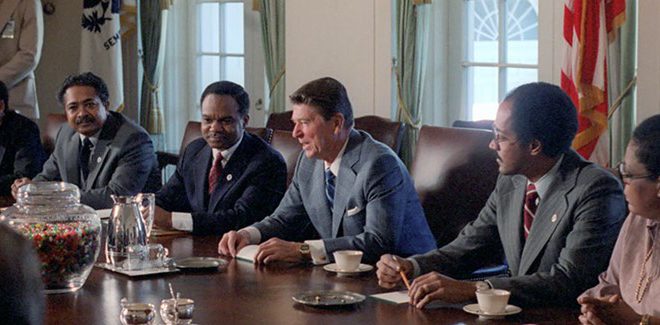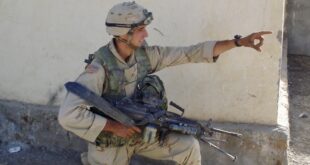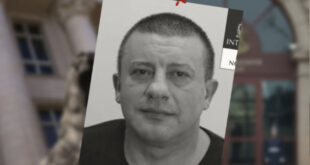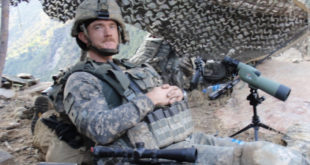NOTE from Gov Archives:
The Kwangju uprising that occurred in May 1980 is another major event in this sequence of contentious politics. Beginning as a student protest in the southwestern city of Kwangju, the uprising escalated into an armed civilian struggle and was met by brutal acts of violence enacted by government troops. While the ten-day struggle ultimately ended in military suppression, its legacy and effect were of lasting significance. It was arguably the single most important event that shaped the political and social landscape of South Korea in the 1980s and 1990s.
UNESCO The May 18th Democratic Uprising not only played a pivotal role in the democratization of South Korea but also affected other countries in East Asia by dissolving the Cold War structure and achieving democracy. After the 1980s, various democratic movements took place in the Philippines, Thailand, China, Vietnam, and elsewhere in an attempt to follow in Korea’s footsteps.
Death of South Korea’s Military Dictator Chun Leaves Tension Unresolved VOA
When South Korea’s former military strongman, Chun Doo-hwan, died Tuesday at 90, a dark chapter of the country’s history seemed to close.
But it didn’t feel that way for people like Lee Jae-eui.
“Chun Doo-hwan had occupied my mental space throughout my entire life,” said Lee. “Hearing the sudden news he died — though I expected he will one day pass away — I frankly felt empty at that moment.”
Lee, 66, observed firsthand the violent suppression of the 1980 uprising against Chun’s military rule in the southwestern city of Gwangju. The protests, which would eventually become known as the Gwangju Democratization Movement, served as a key moment in South Korea’s path to democracy.
On May 18, 1980, a year after former army general Chun seized power through a military coup, his forces swept into the city of Gwangju to crush the student-led, popular protests.
The cost of calling for the end of military dictatorship and demanding the introduction of a direct electoral system was a total military crackdown: elite paratroopers arrived in tanks and helicopters armed with batons, rifles, and bayonets.
The following 10 days mark one of the bloodiest moments in South Korea’s modern history. According to local government figures, more than 200 civilians were killed, 3,643 were injured, and 1,813 were arrested and tortured regardless of their participation in the protests.
Forty-one years later, Chun, who many Gwangju survivors see as responsible for their collective trauma, died of a heart attack at his home in Seoul, leaving no apology behind.
“Many Gwangju citizens were filled with rage when they heard the news Tuesday. It’s regrettable that Chun left without responding to the demands of history. He denied the massacre and his responsibility until the very end,” Lee said.
On the final day of Chun’s funeral, his wife Lee Soon-ja delivered a cursory apology to “those who were pained and hurt” during her husband’s presidency. However, organizations representing the victims of the Gwangju massacre have responded in unity that “her empty gesture, which fails to address or acknowledge Chun’s responsibility in the crackdown, provides little consolation.”
Demand for justice
Chun’s death came less than a month after that of his close associate Roh Tae-woo, who played a key role in the military coup and later succeeded Chun as president. Both men were eventually convicted on charges related to the coup, corruption, and the Gwangju massacre, but were later pardoned.
Families of victims and survivors of the Gwangju massacre are grappling with the deaths of Chun and Roh and what it means for their journey towards meaningful healing.
“The criminals, Chun Doo-hwan and Roh Tae-woo, who wielded state violence to cause so much civilian suffering, lived long lives and died in wealth. Meanwhile, the pain of Gwangju citizens continues. The fact that we can no longer even hope to receive an apology or consolation has brought even more depression for many of us,” said Lee Gi-bong of the May 18 Memorial Foundation, a group created by survivors of the massacre.
Though Chun’s passing has left an open wound, many victims are determined to prevent his death from burying the truth of Gwangju.
“I believe there are many others still alive, besides Chun and Roh Tae-woo, who can testify to what happened on the ground. I hope that many of these people will come forward with their accounts and respond to their conscience before it’s too late,” he said.
Many details about the incident remain unknown, including the exact death toll, as well as who ordered the use of helicopters that eyewitnesses say fired on civilians.
Ideological battleground
Chun remained unapologetic until his death, insisting he did not order troops to fire at civilians. Many of his conservative descendants defend Chun’s use of force, alleging without evidence that the protest in Gwangju was a riot hatched by North Korean infiltrators and deserved to be quelled.
The issue still impacts South Korean politics. Last month, conservative presidential candidate Yoon Seok-youl came under criticism for praising Chun’s political skills, “aside from the coup and the events of May 1980.” Yoon later visited Gwangju to apologize for his remark but was blocked by protesters from entering the victims’ altar and delivered a silent tribute at the entrance instead.
Meanwhile, left-leaning President Moon Jae-in has promised full support for an independent fact-finding committee to investigate the crackdown.
Legal matters
At the time of his death, Chun was in the process of appealing an eight-month suspended prison sentence for defaming victims of the Gwangju crackdown and a late priest, who had testified to witnessing martial law troops firing on protestors from helicopters.
In his memoir, Chun had called the priest a “shameless liar” and “Satan in disguise.” He died a week before the final hearing in the appeals trial, which is expected to now be dismissed.
After Chun’s death, about 70 victims of the Gwangju massacre filed a lawsuit against the government, alleging emotional trauma.
“We sincerely hope Chun and Roh’s deaths mark the end of a dark era of Korea’s history tarnished with atrocious, inhumane abuses of power,” said Lee Gi-bong of the memorial foundation.
“However, we know that we still have a long way to go, as state violence and human rights violations against minority populations are still rampant in our society today, only in different forms. As we strive closer to the truth of Gwangju, I hope our society will grow more sensible, human rights-oriented values,” he added.
For Lee Jae-eui, the mission also continues, even after Chun’s death.
“I dedicated my whole life to documenting and raising awareness of the tragedy that I witnessed,” said Lee, who co-authored a book about the uprising, which served as a critical record that emboldened South Korea’s democracy movement throughout the 1980s.
“Now, we are still left with the historical responsibility to complete the fact-finding mission in order to tie up the loose ends without him,” he said.
 Soldier of Fortune Magazine The Journal of Professional Adventurers
Soldier of Fortune Magazine The Journal of Professional Adventurers






